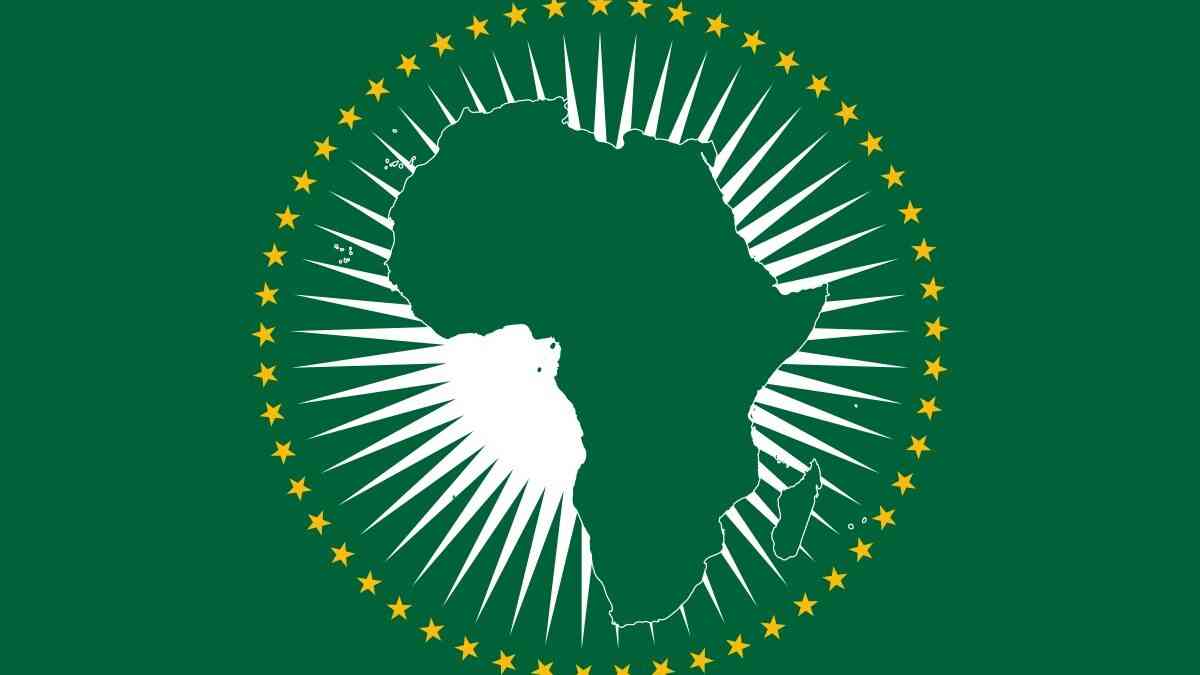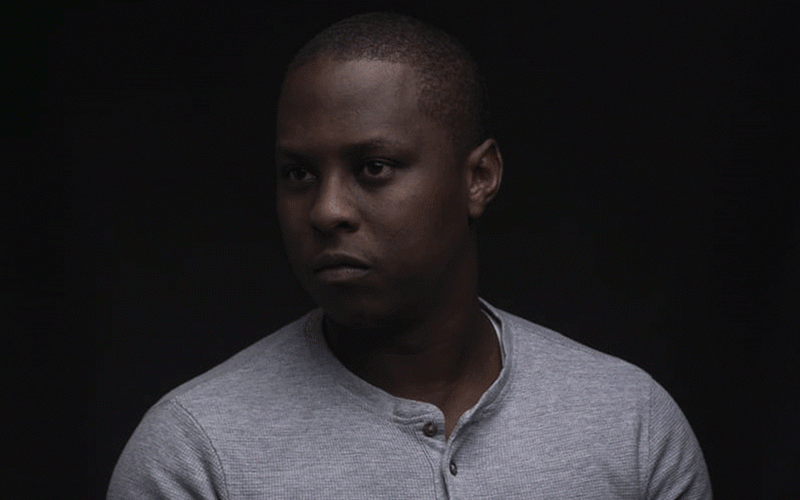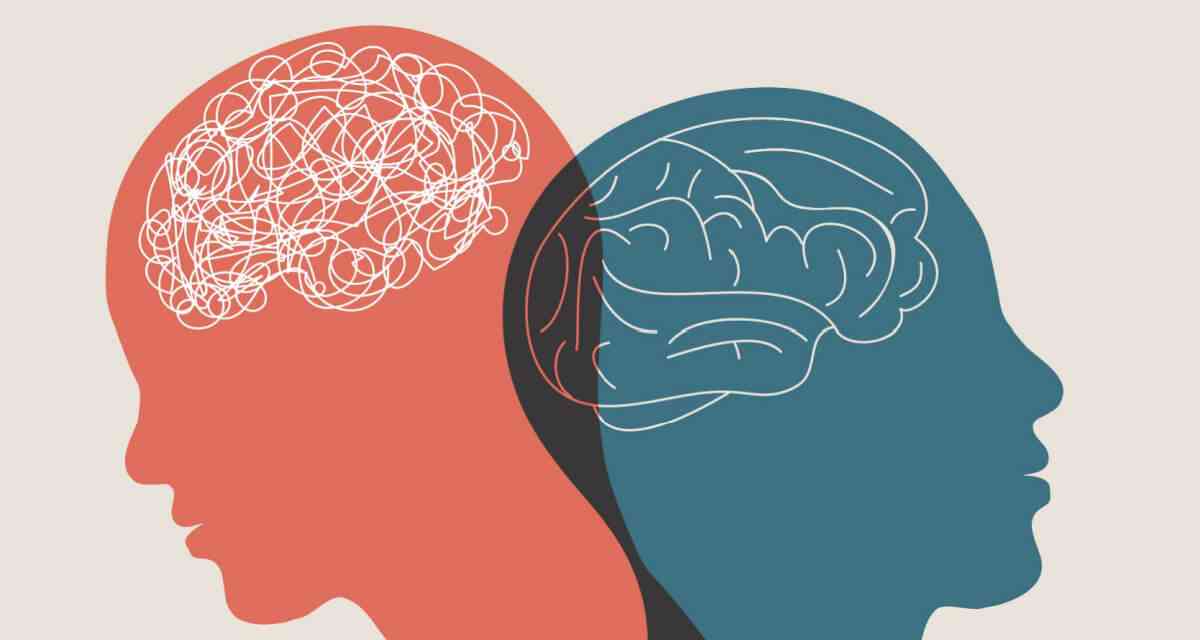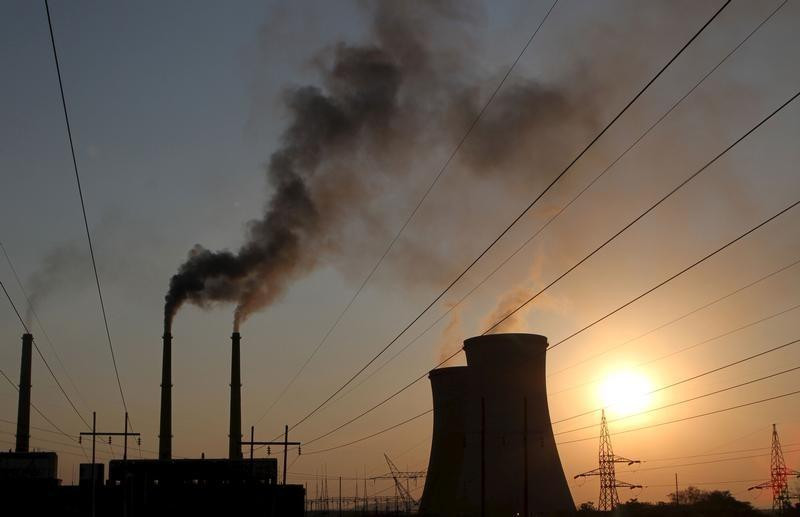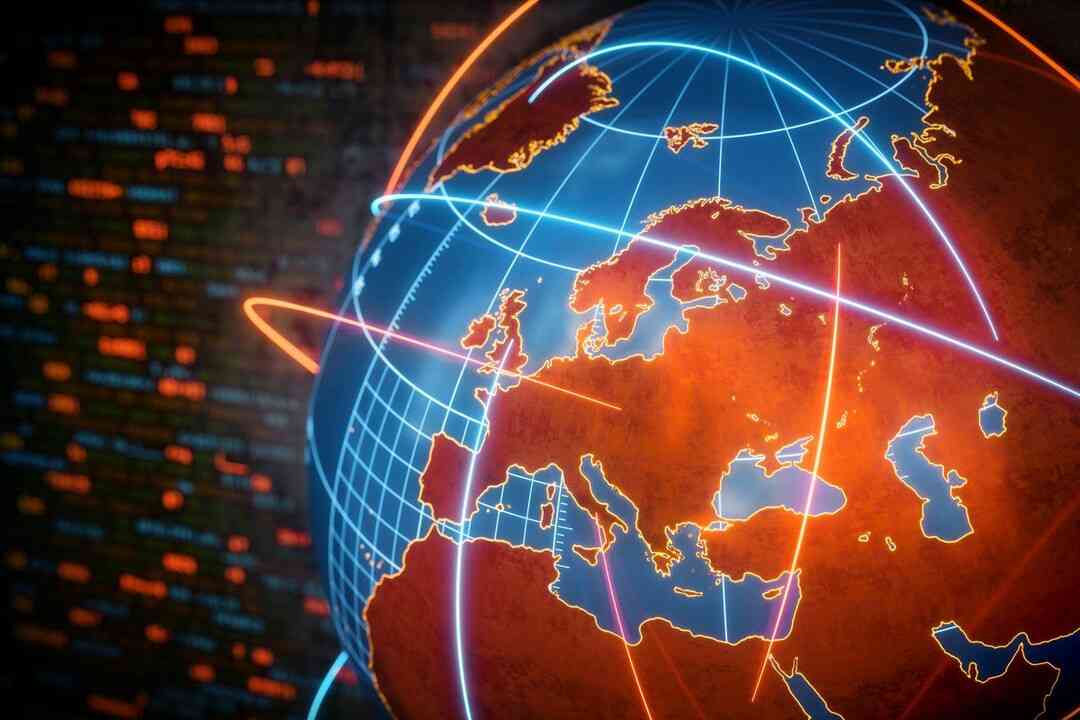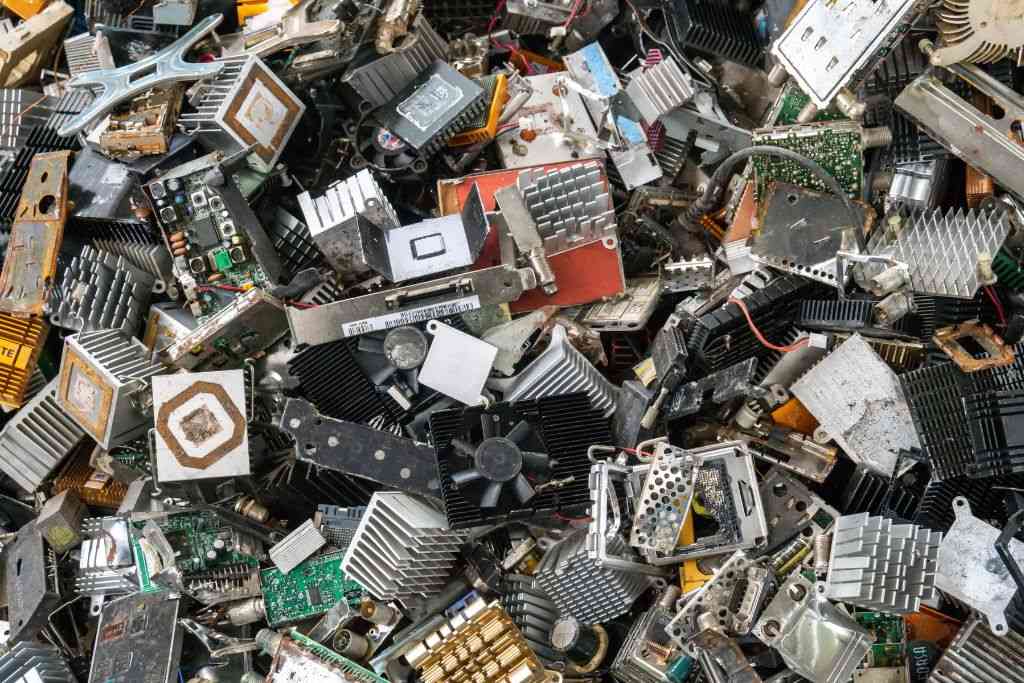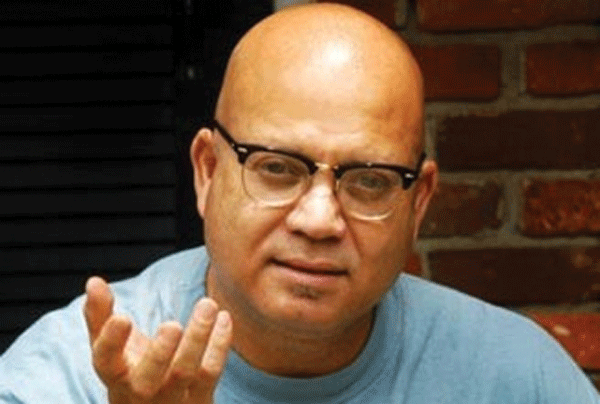
The African National Congress (ANC) effectively saturated South Africa and everything it stood for with its members and/or loyalists. Then the unthinkable happened — a family feud that is threatening to bring the ANC down.
One of the most overused idioms in political writing is about how long a week is in politics. I spent much of Monday morning trying to catch my breath. There may be more treacherous times, this one is ours . . . The big question is when or where will it end? It’s easier to say nobody knows and we should just let things fall where they will. But we may speculate.
For almost three decades, journalists, academics and public intellectuals of the nattering class have spoken almost matter-of-factly, sometimes wishfully, about the ANC splitting from its alliance partners, Congress of South African Trade Unions (Cosatu) and the South African Communist Party (SACP). We came up with many ideas: the alliance was cumbersome; Cosatu was an albatross around the ANC’s neck; the SACP had an insignificant membership and lack of appeal in a post-Soviet world and would not dare go it alone, and anyway, the ANC would shed voters if it cut off its alliance partners. All of that and more were some of the ideas put forward by the nattering class — in most cases with good reason.
Personally, I considered Cosatu and the SACP as saprophytes that were bleeding the ANC dry. From studying the terrifying relationship in the old Soviet Union, I also think there has to be a healthy, working (non-acrimonious) relationship between organised labour and the State. That is unless you want to create a dictatorship of the workers.
Nonetheless, the ANC carried on over the next two or three decades and proved us all wrong. They embedded trade unionists, communists and capitalists, liberals, social democrats as well as racial and ethnic nationalists, revolutionaries, moderates or gradualists in the alliance, within the State, within agencies (like Nedlac), and wherever they could; in institutions across the country (SABC), in universities, research bodies (CSIR, HSRC) and regional institutions (SADC).
Gradually, but purposefully, South Africa’s most senior and important diplomats were drawn from the alliance, while many seasoned and dedicated professionals were sidelined. In the corporate world, not unlike Germany during the Nazi period, executives did not have to wait for directives on how to structure their boards of directors, they proactively picked members of the alliance to ingratiate themselves with the ANC. They did transformation the way that Bono does poverty.
The ANC effectively saturated South Africa and everything it stood for, with its members and/or loyalists. Then the unthinkable happened: a family feud that is threatening to bring the ANC down. The very ANC that gave us the constitution of the republic.
Saprophytes turned into deadly parasites
- Chamisa under fire over US$120K donation
- Mavhunga puts DeMbare into Chibuku quarterfinals
- Pension funds bet on Cabora Bassa oilfields
- Councils defy govt fire tender directive
Keep Reading
And so while the ANC was busy deploying its members and loyalists across society, it was from within (among the saprophytes) that they faced what may turn out to be a decisive point. There were now parasites causing the death of the alliance. This is not the type of split that the nattering class envisaged.
Most of us simply wanted to see an ANC that stood for something — let’s call it democratic secularism because I can’t think of a better term — that was untrammelled by the imaginaries of revolutionaries, crackpot economists, chauvinist nationalists who wish to pull the State and ruling party into dark corners of mediaeval bigotry, when, for instance, Jews were periodically exterminated and vilified because they had “a fetid stench, a male menses, subhuman and bestial characteristics, and a congenital need to ingest the blood of Christian children whom they tortured and crucified to death”. And when Muslims “were transformed from military enemies into non-humans”.
From within the ANC, we now have factions battling over Radical Economic Transformation (RET), the constitution, the place in society of “non-Africans” (not unlike the Jews and Muslims of the mediaeval period), they want unhampered access to feeding troughs and have given rise to the politics of revenge and recrimination.
From the time when Julius Malema left the ANC to form his fascistic Economic Freedom Fighters (EFF), to the RET factions, the increased presence of convicted criminals with many facing corruption charges, these battles may well force a collapse of the ANC. All of these and more may be what inspired Thabo Mbeki to ask whether there still was something called the ANC. Is this, then, the moment the nattering class has been wanging on about for almost three decades? Maybe. But in the meantime, things could get messy.
What’s supposed to happen next?
We can only speculate on what will happen next.
One scenario is that the ANC under President Cyril Ramaphosa, could go from strength to strength with Cosatu and the SACP in its ranks — while the Zondo Commission and the National Prosecuting Authority (NPA) go about their business.
We can assume that the SACP has no life beyond the ANC. One useful measure of this is the number of votes that the Socialist Revolutionary Workers Party (SRWP) received in the last election. A mere 24 439 South Africans (0,14% of the electorate) voted for the most serious communists. Even if you added Azapo, the other actual communists, you would have only 12 823 more votes. More people watch a Soweto Derby on any given day than those who voted for outright communists in the last election.
Should Cosatu team up with Numsa (home of the SRWP), they could become a force, but more like a mild breeze than a gale. They would gain strength if they went into alliance with the EFF, but it’s hard to see Malema taking instructions from, say Paul Mashatile. This alliance can only happen if the SACP, Cosatu and Numsa are seduced by the idea of a house coup of sorts. Dan gaan die poppe dans.
As it goes, Mashatile is preparing himself to challenge Ramaphosa in 2022, but he will need a lot of money. Enter Edwin Sodi, who has been placed at the centre of the Free State asbestos scandal case. There is every possibility that Mashatile will back Ace Magashule — the spy (in flytaal) who is now out in the cold. Should that occur, we may see the ANC drift towards Malema’s RET and Expropriation without Compensation (EWC) position. Already, Mashatile has (re)committed the ANC to RET — which must have Malema salivating. Now we are talking business.
This has the makings of a new alliance or a merger of sorts. This could break the ANC from within. Already the ANC looks like an assemblage of entities that does not know what it wants to be or do — but it is responsible for where it is and what it does.
What it does, for now, seems to be out of Ramaphosa’s hands. Should a break up occur, the ANC could actually collapse (I doubt that it will) and leave the door open for a new, more radical ruling party. One wants to believe that there are enough good people in the ANC who would keep the party alive, but they are running out of time. If five or six of the miscreants in the ANC are brought before the courts and held in jail without bail, the RET faction may lose steam. My guess is that as soon as any party more radical than the ANC comes to power, the work of the Zondo Commission and the NPA would be suspended.
Another scenario (if things don’t fall apart sooner) is that we may have a new official opposition after the next general election made up of the RET alliance of disaffected ANC members and the EFF. Besides the noise and the performativity, they would push the ruling alliance hard on RET and EWC. The Democratic Alliance has its own problems and seems to be dropping like a lead balloon.
The best we can hope for is that we may have reached an inflection point rather than a rupture or collapse. We may have an ANC that shores up its executive and continues to stand by the Constitution, support the judicial system and restore trust in the State. As an inflection point, the ANC would do well to break with the hangers-on and the useless idiots in its ranks. The problem, of course, is who will employ Malusi Gigaba, Ace Magashule, Brian Molefe, Lucky Montana, Andile Lungisa, Tony Yengeni…
For now, all we can do is wait — and speculate.
- This article was reproduced from Daily Maverick
- Ismail Lagardien is a journalist and political economist. He writes in his personal capacity.

